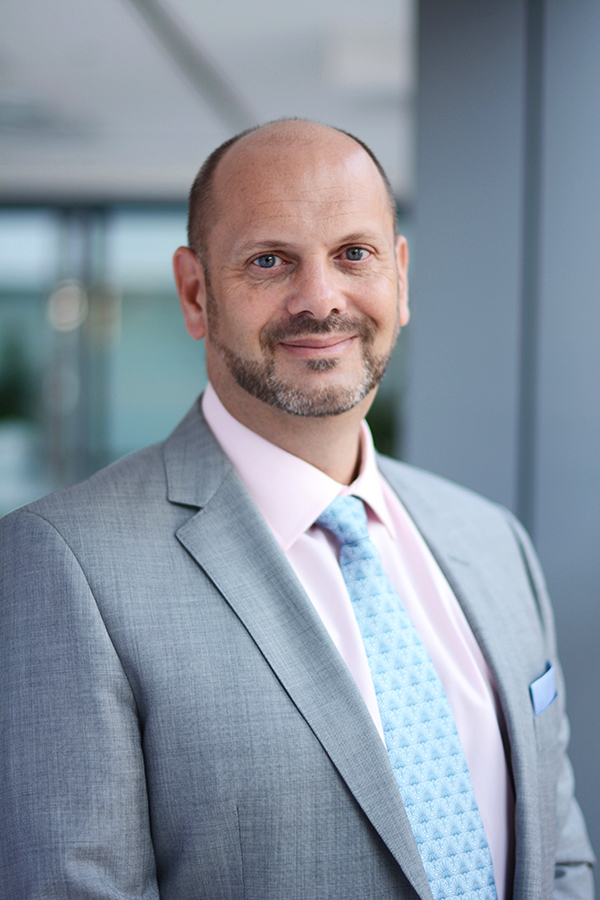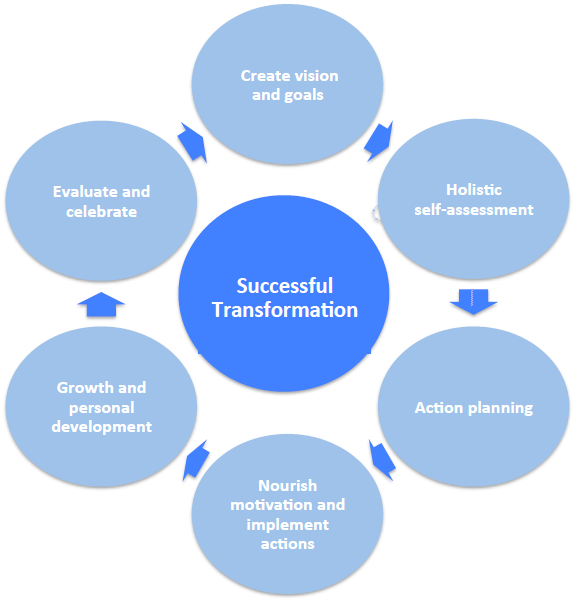Though mentoring is valuable at all levels, executive coaching is a bit different.
Following the significant highs and lows of the football World Cup, we often overlook the role of the coach in the success of the individual or team. Ask David Beckham about the role Alex Ferguson played in his life, and you will learn a lot.
Many rising footballers will have had plenty of mentors, supporters and advisors along the way. Even for those in mid to senior management, executives can still benefit from having a coach. Behind every great athlete, there is an even greater coach. There isn’t a top athlete – from Ronaldo to Serena Williams – who did not need a mentor to help them reach the top of their profession.
Though mentoring is valuable at all levels, executive coaching is a bit different. Coaches are generally found outside of the executive’s network of contacts and peers. They evaluate the executive and may utilise 360 leadership tools and assessments to incorporate other perspectives.
A study by Stanford illustrated how CEOs are eager to receive coaching. Among the findings, were:
– Almost 66 per cent of CEOs get no coaching or leadership advice from outside consultants.
– A full 100 per cent of bosses say they would be receptive to making changes based on feedback.
– The survey asked CEOs who are currently being coached where they got the idea to get help. Some 78 per cent said it was their own idea. Twenty-one per cent said it was the chairman of the board’s idea.
– Nearly 43 per cent of CEOs said that ‘conflict management skills’ was their highest priority.
Here’s a look at how executive coaches can assist leaders in navigating the twists and turns of the corporate world:
First impressions count: New employees may experience self-doubt as they explore their lengthy list of duties and responsibilities. Your initial impressions can be crucial – especially when representing a new business in fund-raising mode – so enlisting an executive coach early on can be a smart move.
Constant improvement: Everyone has flaws, reaching the corner office does not make you somehow exempt. There is always room to grow and ways for those in leadership positions to improve.
Hand me the mirror: Business leaders often find themselves tied up in the day-to-day grind, putting out fires and keeping everything on track. There may be little opportunity to step back to get a broader view of what’s happening, and how their leadership skills are developing. The coach encourages you to take time out to think holistically about every aspect, of their work, health and relationships.
The future: Self-awareness is critical for executives who need to gain a broader understanding of how their strengths and weaknesses play a part in guiding the business. When you engage with a good coach, he or she will generally gather inputs about how others see you at the beginning of the engagement and share it with you. Through coaching, your coach will also share his or her perceptions of you, based on observations of you and your interactions with others.”
Keeping you on track: Accountability comes into play when mistakes are made, and also in keeping all parts of the business running in an efficient manner. Coaches can help to keep executives honest in these goals and keeping them on track. It’s very easy to make excuses, but a coach becomes your accountability partner for changes in actions and behaviour whether it’s to lose weight or hit your numbers.
Working with others: Everyone has personal preferences, and we tend to gravitate toward certain kinds of people in our professional and personal lives. But a business may be loaded with people who have widely varying personalities, skills and work methods. An executive coach can help a business leader to understand how these pieces can fit together and how to be more inclusive.
Staying focused and upbeat: A negative attitude can be dangerous for business leaders. It’s not hard to see how someone could head down that path, strictly from the stress and chaos that running a business can bring. Conversations with an executive coach can help these feelings come out, and allow CEOs to see how others may perceive their attitude.
The author is a partner for MEA at Boyden Middle East in Dubai, as well as a talent expert and leadership coach, mentor and trusted advisor to CEOs and family groups in the region with N3 Executive Coaching. www.n3ec.com www.boydenme.com


